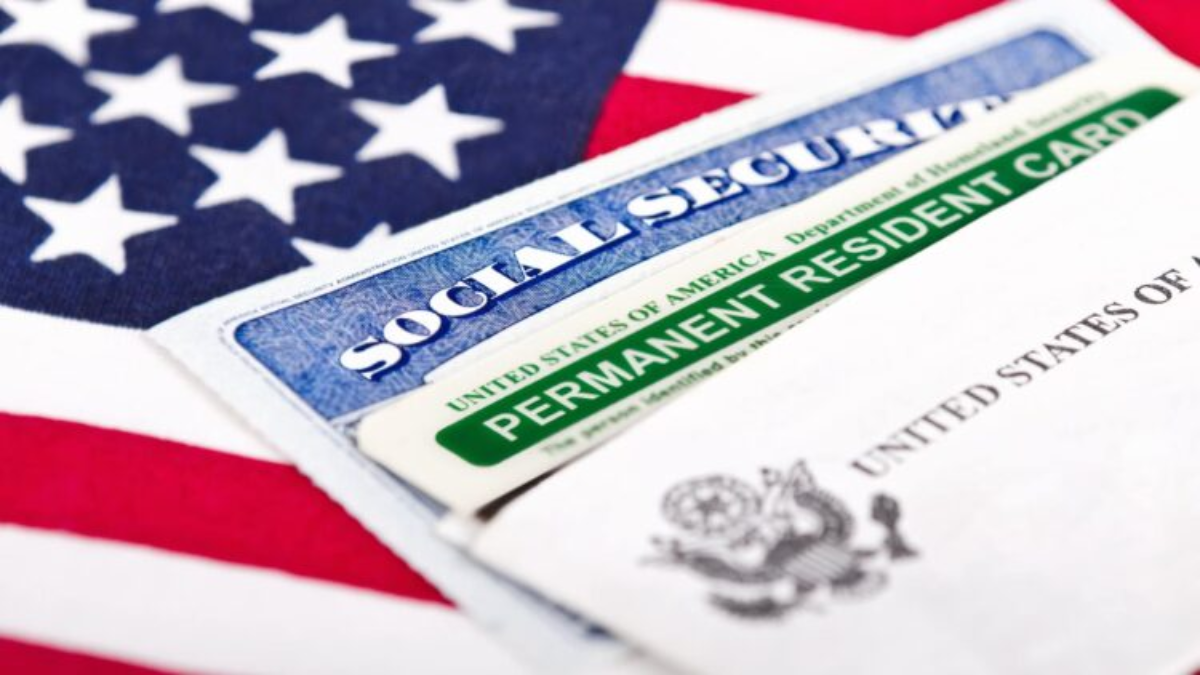Breaking Barriers! FTC Decision Paves Way for Workers to Quit Without Noncompetes
DEBARYLIFE – On Tuesday, federal regulators implemented a countrywide prohibition on new noncompete agreements, which prevent millions of Americans, ranging from CEOs to lowest-wage workers, from switching careers within their industry.
On Tuesday afternoon, the Federal Trade Commission voted 3-to-2 in favor of the new rule, which will forbid noncompete agreements for any employee after 120 days of implementation.
Current noncompete agreements can still be in effect for senior executives. Existing noncompetes are unenforceable against all other employees.
Thousands of people spoke before the Antitrust and consumer protection agency about how noncompete agreements had hurt them, demonstrating how these agreements are “robbing people of their economic liberty,” according to FTC Chair Lina Khan.
The two Republicans on the FTC commissioners’ voting team argued that the agency didn’t have the authority to implement the rule and that such decisions belonged in Congress, and they voted in lockstep.
After the decision, the U.S. Chamber of Commerce announced that it would file a lawsuit to overturn “this unlawful and unnecessary rule and put other agencies on notice that such overreach will not go unchecked.”
According to a statement from the trade association, which supports American companies and businesses, the new rule will “undermine American businesses’ ability to remain competitive.”

Tens of millions of workers may be impacted by the new law, according to labor economist Heidi Shierholz, president of the left-leaning think tank Economic Policy Institute.
According to Shierholz, “the only leverage nonunion workers have is their ability to quit their job,” as stated to CBS MoneyWatch. “Noncompetes don’t just stop you from taking a job — they stop you from starting your own business.”
The FTC has received more than 26,000 public comments on the regulations since introducing the new rule. According to a statement from the FTC, the final regulation “would generally prevent most employers from using noncompete clauses.”
President Biden instructed the agency to “curtail the unfair use” of noncompetes, which essentially require employees to sign away future employment opportunities in their industry in exchange for their present position, more than two years ago. This is when the agency took its current move.
MORE NEWS: Federal Court Overturns West Virginia’s Ban on Transgender Girls in School Sports
The FTC was asked by the president’s executive order to focus on labor restrictions of this kind and others that unjustly prevent workers from looking for employment.
In a statement arguing in favor of eliminating noncompetes, Khan stated, “The freedom to change jobs is core to economic liberty and to a competitive, thriving economy.” “Noncompetes block workers from freely switching jobs, depriving them of higher wages and better working conditions, and depriving businesses of a talent pool that they need to build and expand.”
A danger to confidential business information?
According to the FTC, noncompete agreements bind an estimated 30 million people or one in five American workers. According to the EPA, the new rule might increase worker pay by almost $300 billion annually.
Noncompete agreements are used by employers who claim that they are necessary to safeguard trade secrets and other private information that workers may come into contact with while doing their duties.
Therefore, the FTC staff concluded that companies who are worried about safeguarding their intellectual property don’t need to utilize noncompete agreements; instead, they can adopt measures like trade secret laws and confidentiality agreements.
The non-compete agreements that already exist between senior executives—defined as individuals who make more than $151,164 annually and have policy-making authority—and the commission are not affected by the commission’s final rule. Regulators claim that those executives have a considerably higher likelihood of haggling over the details of their pay.
However, the FTC is prohibiting new noncompete agreements for senior executives because they may hurt consumers by stifling competition and discouraging employees from starting their own businesses.
Shierholz pointed out that non-compete agreements have become more and more common as a means of preventing competitors from obtaining business secrets, citing a well-known instance involving Jimmy John’s restaurants.
Restrictive labor agreements, which can prohibit workers such as janitors, security guards, and phlebotomists from quitting their jobs for greater compensation although these entry-level positions are less likely to have access to trade secrets, usually affect low-paid employees the most.
Actual Repercussions
The Federal Trade Commission (FTC) provided actual instances of how noncompete agreements can harm employees when defending its decision to remove them from the labor market.
As a security guard for a Florida company, a single parent formerly made roughly $11 per hour. However, a few weeks after starting work, he quit due to unfulfilled childcare arrangements. A few months later, he started working as a security guard at a bank, earning almost $15 per hour.
However, the bank fired him after finding out through a letter from his previous employer that he had agreed to a two-year noncompete.
In another instance, during the 2008 financial crisis, a manufacturing manager at a textile company saw a decrease in his compensation. He was given a better job and a substantial raise by a rival textile company, but the FTC claims that his noncompete prevented him from accepting the offer. His savings were destroyed over the course of a three-year legal struggle.









